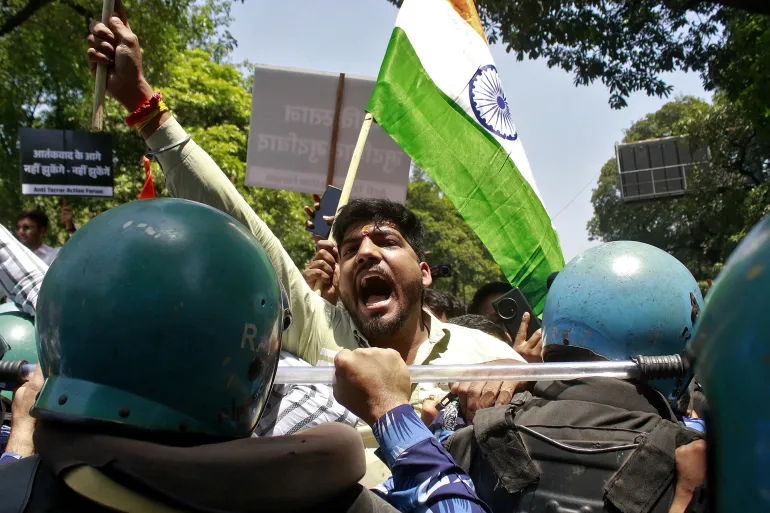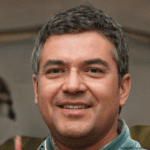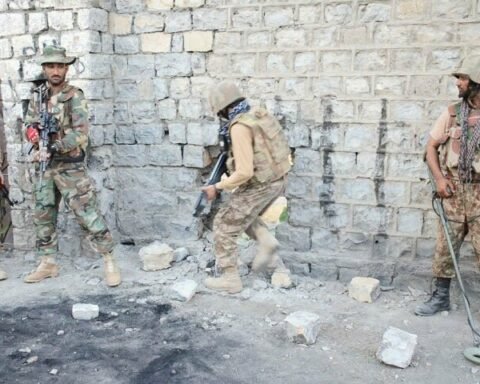Susiya, West Bank –
Hamdan Ballal, the Palestinian filmmaker behind the Oscar-winning documentary No Other Land, has shared a powerful account of his arrest and the ongoing violence facing his village in a heartfelt essay published by the New York Times.
Ballal, who co-directed the film with Israeli journalist Yuval Abraham, was assaulted by Israeli settlers and later detained by Israeli forces on March 25. According to Abraham, Ballal suffered injuries to his head and stomach, was zip-tied, blindfolded, and held overnight before being released. His arrest, coming just weeks after No Other Land’s historic Oscar victory, sparked international outrage.
The Academy of Motion Picture Arts and Sciences initially issued a muted response, drawing harsh criticism from over 600 Academy members, including celebrities like Mark Ruffalo, Penélope Cruz, and Joaquin Phoenix. Under mounting pressure, the Academy later apologized for its silence.
In his essay, Ballal recounted the emotional high of winning the Oscar on March 2, only to be violently arrested three weeks later. “In an instant, it was as if the Oscars had never happened,” he wrote, highlighting the persistent, grinding violence inflicted by settlers and soldiers on Palestinian communities like his own in Susiya.
A moment of triumph turned bittersweet Ballal described the Oscar win as a rare moment when Palestinian voices were amplified on the world stage. “Our stories, our communities, and our voices were in the spotlight,” he wrote. “We succeeded beyond anything any of us could have ever imagined.” Yet, the brutal reality on the ground remained unchanged, with daily threats to their land, livelihood, and lives.
He detailed the arrest in vivid terms, stressing that while his case received media attention, such violence is “not unique in any way.” In Susiya and neighboring villages, pastoral life is increasingly under siege as settlements expand and violence escalates.
Clinging to hope Despite the brutal attack and ongoing hardships, Ballal expressed a lingering sense of hope. “The global support after our Oscar win and after my arrest was overwhelming,” he wrote. “Thousands now know our names and our story. Don’t turn away now.”
Ballal’s essay serves as both a plea and a reminder that while international recognition can bring attention, true change remains elusive without sustained global pressure to end the violence of occupation.








